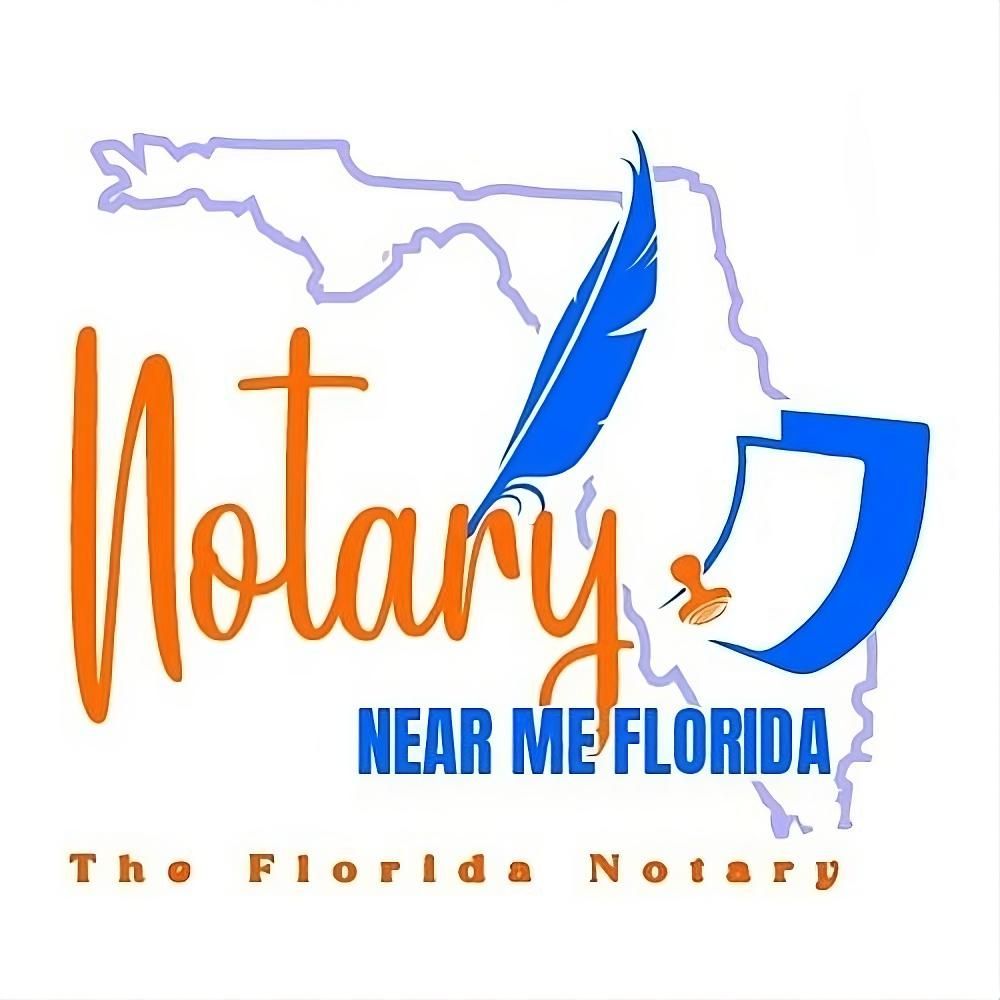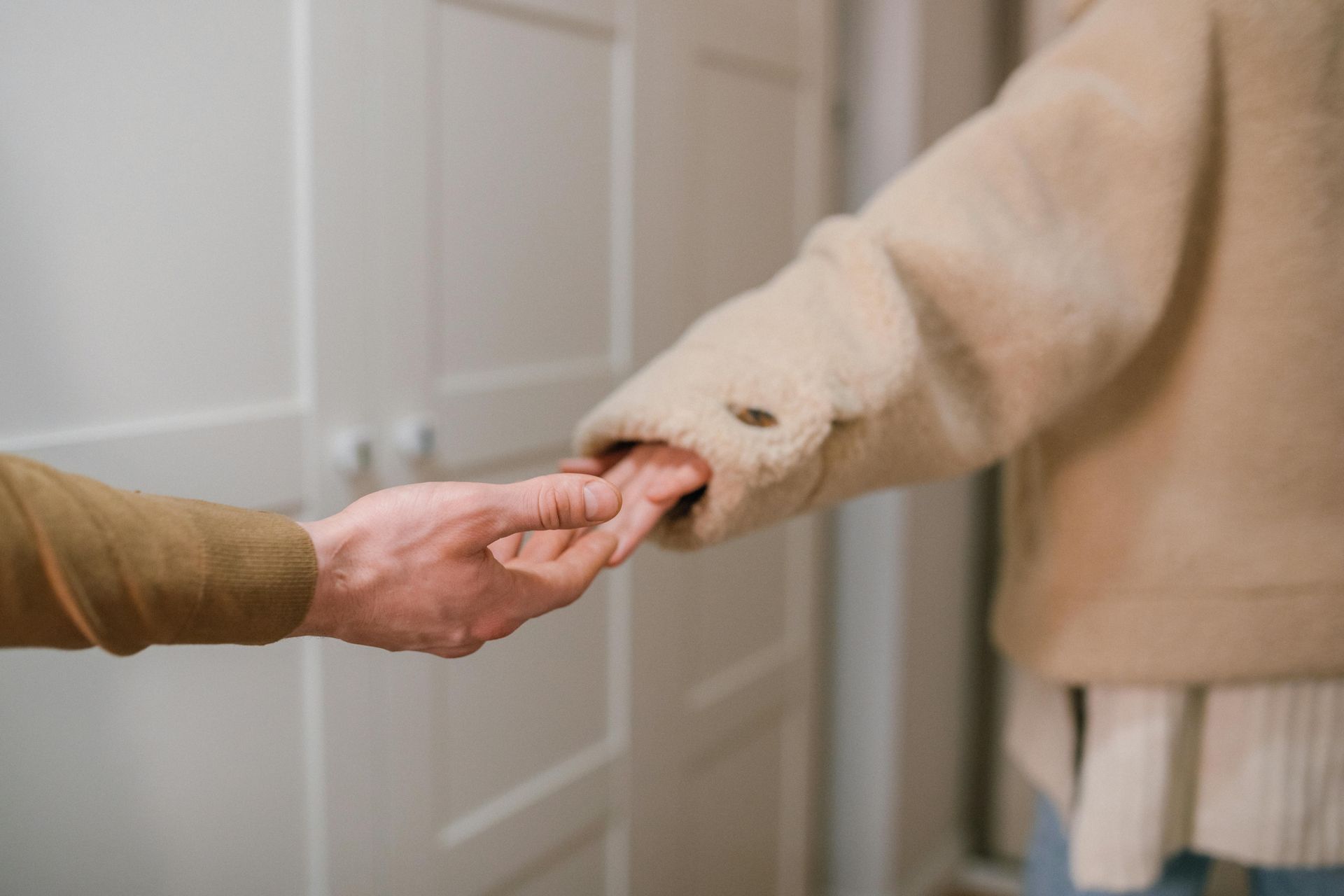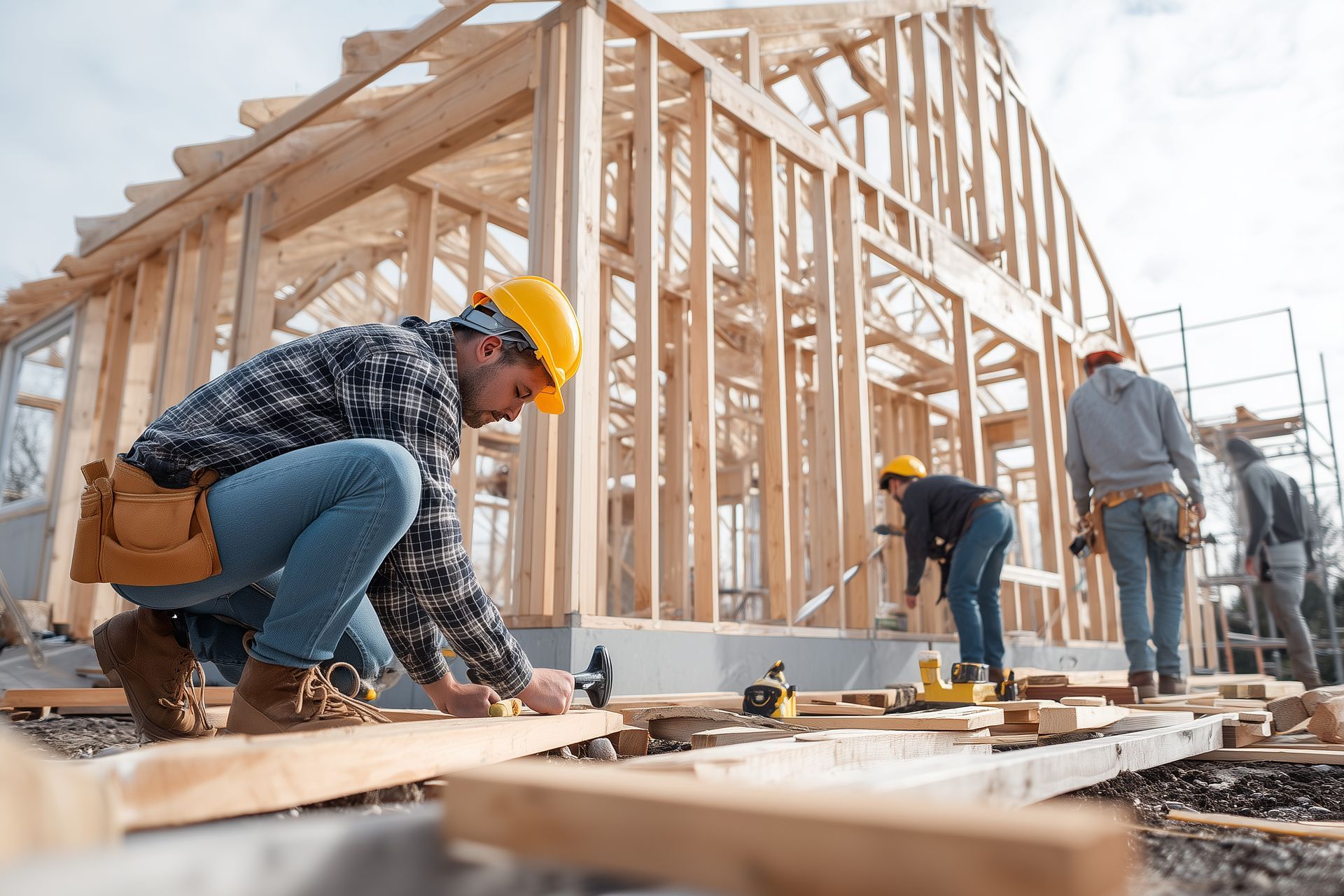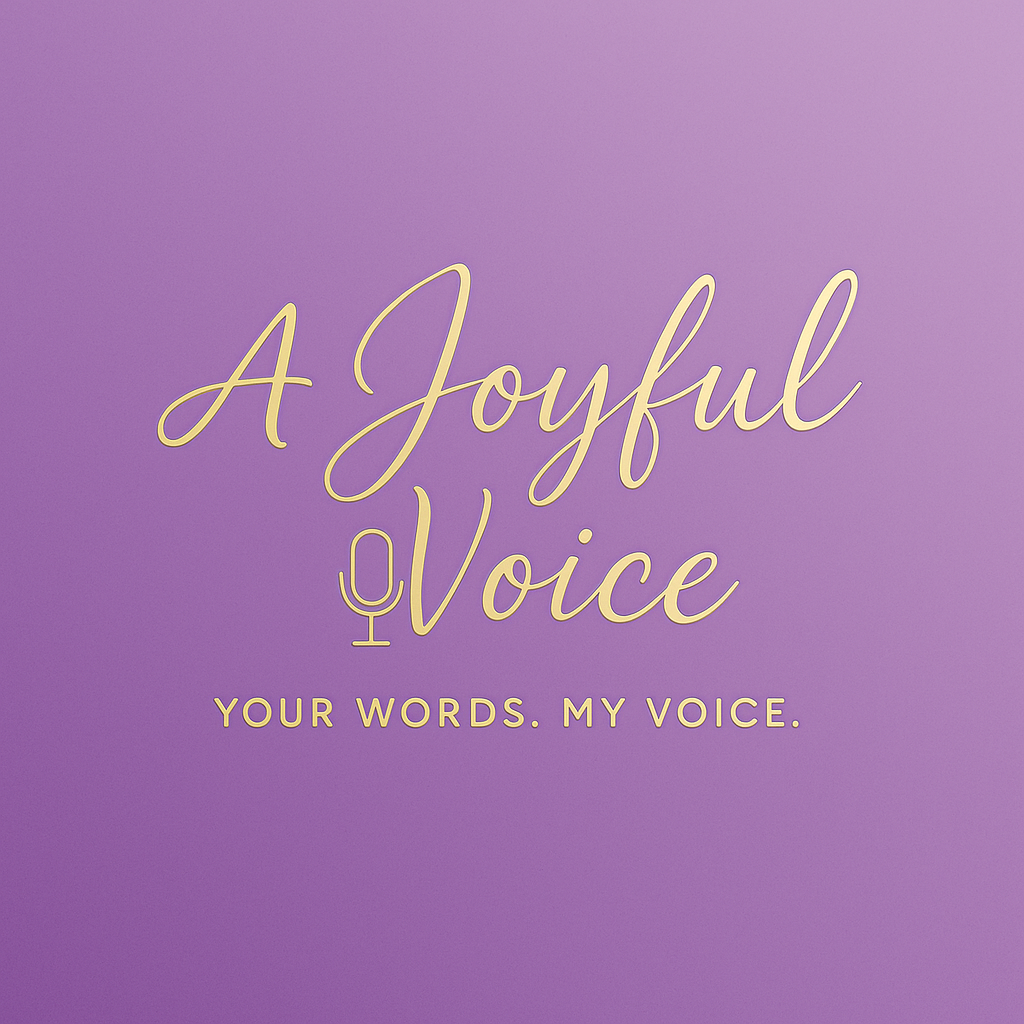The Bank Rejected Her POA — But Here’s What Really Happened
Anita was frustrated.
She had arranged for a notary to meet her at her grandmother Martha’s care facility to sign a Power of Attorney. The POA would allow Anita to assist her grandmother with important financial matters, including handling a bank transaction that had become time sensitive.
Everything had been arranged—Claudia Mitchell-McLeod, a mobile notary, was set to arrive with two witnesses. But almost immediately, things began to unravel.
The form, which Anita had received from someone at the facility, wasn’t completely filled out. Claudia noticed that the entire top portion—the section identifying the parties—was left blank. Anita left to find the staff member who originally gave her the form, and after some time, returned with the page completed.
That was the first delay.
Then came the second.
Martha’s ID, required for the notarization, was not at the facility. Anita’s brother Bobby had to drive to a different facility—over 30 minutes away—to retrieve it.
While we waited, one of the two witnesses had to leave. I informed Anita that most facilities don’t allow staff or residents to act as witnesses for documents like POAs. She confirmed that with the staff, who informed her that only visitors—specifically those visiting a family member or friend—could serve as witnesses. Anita began asking around the building and was fortunate to find someone willing to help.
Eventually, the ID arrived. The POA was properly witnessed, and I notarized the signature with the appropriate notarial certificate. We were all relieved.
But a few days later, Anita called again. The bank had rejected the POA, stating it “wasn’t notarized correctly.” But that wasn’t accurate. What they really meant was the form hadn’t been completed correctly before the notarization. While the notary’s role is to verify identity, witness the signature, and apply the correct notarial certificate, we are not authorized to complete forms or provide legal guidance about them.
This is why I always recommend:
If you're preparing a Power of Attorney or any other important document, consider getting the form directly from an attorney or—at minimum—verify with the bank or institution where it will be used that the form is valid and completed properly before the notary arrives.
A notary can do many things—but completing forms is not one of them.
Here’s a quick checklist to help you avoid unnecessary delays:
- Make sure the form is fully completed—except for signatures.
- Confirm the signer has valid government-issued photo ID.
- Confirm the signer is competent and understands what they’re signing.
- Ensure that witnesses are disinterested parties—not family or staff—and are available and willing to sign.
If you're preparing a Power of Attorney or any other important document, I’d love to help you avoid unnecessary delays and stress. I offer mobile and remote notarization, witness services, and a calm, professional presence when it matters most.
📞 Call or text 813-239-4117
I’m Claudia Mitchell-McLeod with Notary Near Me Florida —
Trusted for life’s documents, chosen for life’s moments.














